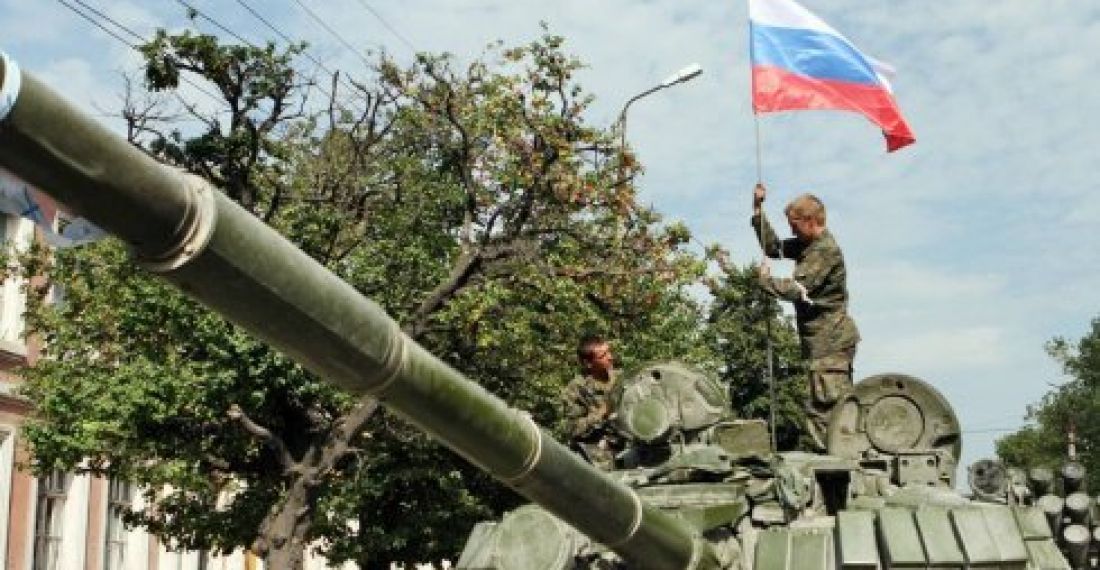Georgian politicians are divided in their reaction to a meeting held on Thursday at the United Nations in New York between the Foreign Minister of Russia Sergei Lavrov, and his Georgian counterpart, Davit Zalkaliani. The meeting, which was arranged through the good offices of the Swiss Government, was the highest level diplomatic contact between the two countries since the August 2008 Georgia-Russia war, the subsequent recognition by Russia of Abkhazia and South Ossetia, and the break in diplomatic relations between Russia and Georgia that followed.
Prime Minister Giorgi Gaharia led pro government politicians in welcoming the meeting, emphasising that war is not a solution for solving Georgia's problems with Russia.
On the other hand, a number of opposition politicians have lined up to criticise the meeting, accusing the government of giving in to Russian pressure, and suggesting that the meeting meant the end of the Geneva International Discussions, which was the format Georgia had so far used to negotiate with Russia.
But the international community welcomed the meeting. A statement issued by the European Union in Brussels on Friday, stated:
"This morning's meeting between the Minister of Foreign Affairs of Georgia, David Zalkaliani, and the Minister of Foreign Affairs of the Russian Federation, Sergey Lavrov, was an important opportunity to discuss regional security issues, to lower tensions in Georgia-Russia relations, and to address the impact of these tensions on citizens. Dialogue is key for peaceful dispute settlement, which the European Union fully supports.
Moving forward, it is important that all actors engage constructively to alleviate the situation of the conflict-affected population in Georgia. It is in this respect essential that their human rights, including freedom of movement, are fully respected.
The European Union reiterates its firm support to the sovereignty and territorial integrity of Georgia within its internationally recognised borders."
The Lavrov-Zalkaliani meeting was also welcomed by the United Nations, the OSCE and the United States, who together with the EU, participate in the Geneva International Discussions.
source: commonspace.eu
photo: A Russian tank encroaches on Georgian territory during the August 2008 Georgia-Russia War






